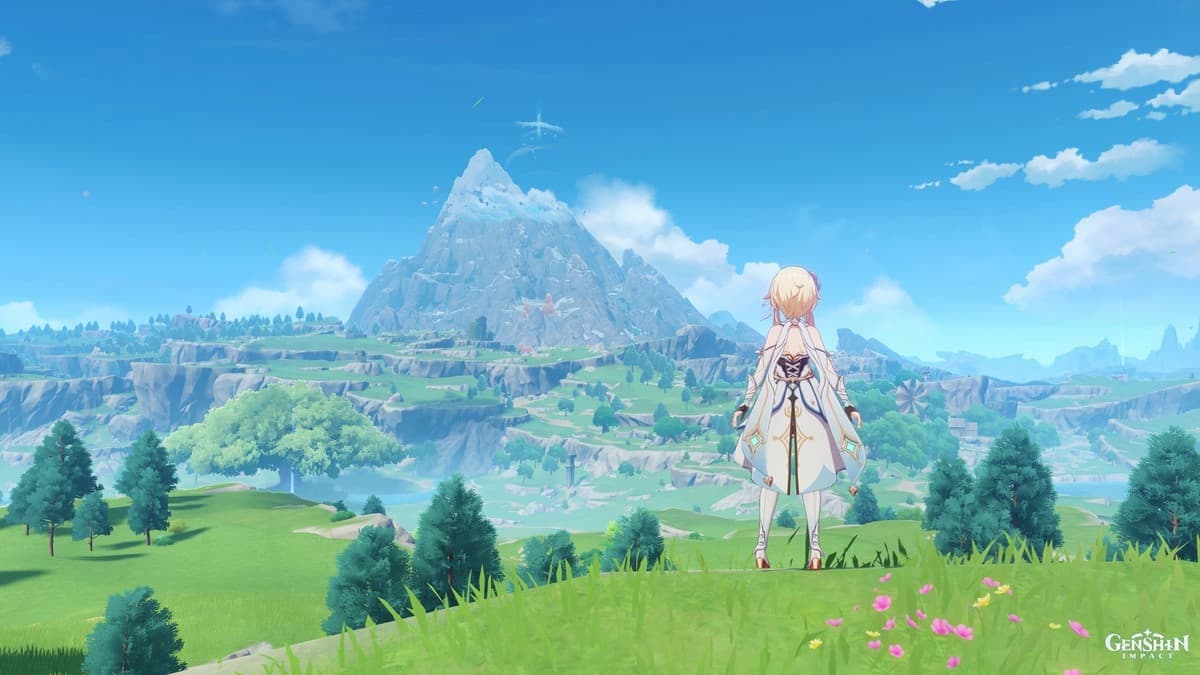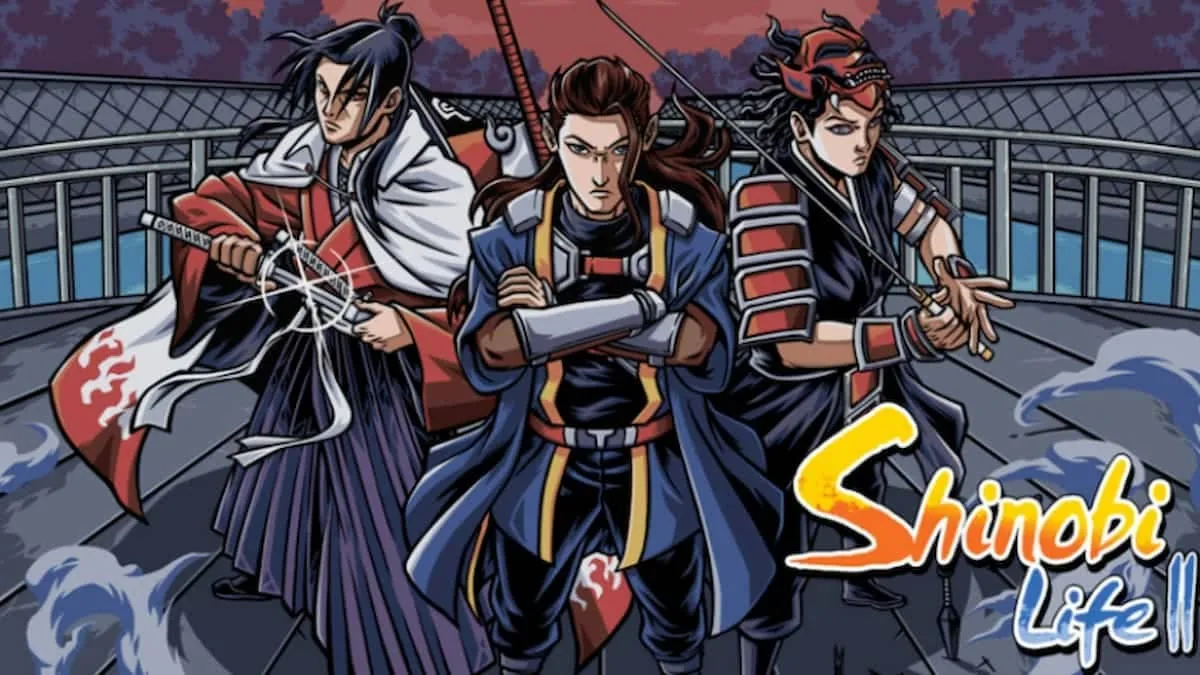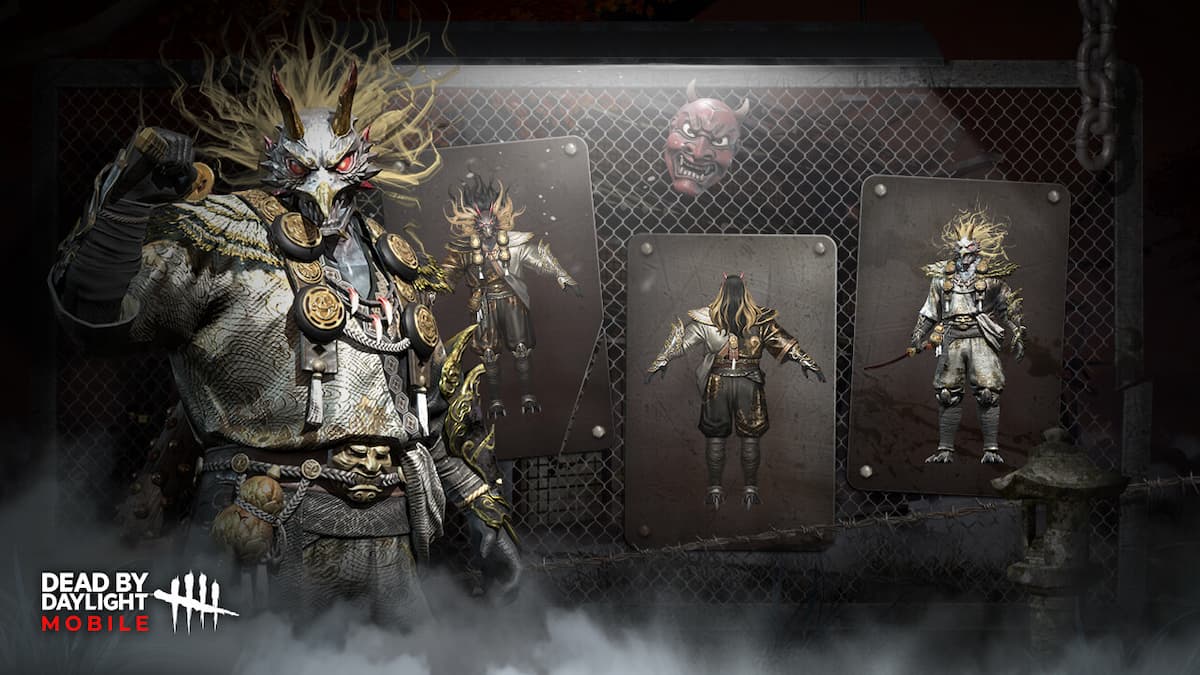I’m going to just get this out right now:
Choosing a keyword is the most difficult aspect of search engine optimization.
You can place your article’s keyword(s) in the optimum spots with just the right amount of keyword density (something we won’t be getting into until the next one) and still not see an increase in traffic if the keyword(s) aren’t just right.
(I’m two weeks late on this one due to personal matters, so I’d like to apologize to those of you who were waiting for this one. Sometimes life is hectic.)
Your choice of keyword for any piece of content will affect how many and which people find their way to your content via search engines (and if it’s a valuable piece, via other sources down the line as well). Which means this seemingly harmless part of the writing process is actually one of the most important aspects of your articles, second only to actual content quality.
The sure shot over the pot shot
I wish I could just toss this up as something that falls under ‘common sense’, but the reality is that it’s a mixture of common sense and a keen eye on the tools provided in Using SEO in Your Writing 3, Google Trends and Adwords.
Just like with link wording/placement and tags (which Ste goes into more detail wonderfully in this article), choosing and placing keywords is a complicated and sometimes confusing affair. Choosing keywords is something people pay marketing services to do, so naturally, it’s not as easy as it seems.
One may say, “Well, I know this is going to be popular,” and just do a shot in the dark at a niche and hit the jackpot — that certainly does happen, and has happened to me on multiple occasions. But you can’t rely on pot shots in the long run, because they’re too much of a gamble. Are you a gambler? Because I’m not, and I would rather my colleagues not be either.
Playing it safe is almost always preferable over taking a risk when it comes to optimization, unless you know for certain the topic you are covering will blow up in a particular way.
Now, I say this in the scope of all domains. I believe I’ve mentioned before (in my one million views announcement) that not all domains are equal in terms of page rankings, and that GameSkinny itself is finally at page rank 1, the highest potential page ranking. What this means is for you (as a writer here), is that you do not need to worry too much about keyword structure. Things don’t have to be in perfect order because somehow we are going to be indexed highly.
Here is an example:
This little ditty on Starbound Beginner’s Tips, which I wrote on a whim, is on the front page when searching for ‘Starbound beginner’s guide’. Now, look at how Google indexed it:
Notice the ‘guide’ part of the keyword is actually not related to Starbound at all, but actually just tied to my profile listing at the bottom of the article.
Now, this was accidental. I didn’t have a keyword in mind when writing this article, but wanted to gauge shares based on the niche and it’s done fairly well in its short time on the site. This above example is not a method of indexing you should rely on, ever. It is dumb luck, but shows just how powerful the site being PR1 is and how you can use that to your advantage.
Side note for those of you who have your own small websites:
I guarantee you if you have your own small website and you post here on GameSkinny and link to your site in the source or whatever, you will be getting more search engine attention. PR1 websites not only boost their own traffic by having a lot of leverage, but also boost that of sites they link to. Keep this in mind moving forward, but (of course) also link back to us. We’ll love you for it!
Choosing keywords
I’ll be honest with you: if I could skip this part, I would.
Choosing the keywords for your content requires some thinking on your part, alongside using the Google Adwords and Trends tools, both of which being more than cumbersome to get some sure-fire information from because their information is sometimes a month behind. Topics which you know are hot right now may not be found at all, making things difficult.
If you’re aiming for long-term traffic on a topic:
You generally want to work with keyword tools to aid you in fine-tuning your content. What may be a good keyword now may not be in a two months or a year, which means you must be careful in choosing your wording and placement.
This does not mean you cannot vary from the data you find via Adwords and Trends, but does mean you should pay more attention to what you find and try to work with it.
Typically the types of keywords you aim for when going for long-term traffic are very basic, and often you should aim for both broad and narrow keywords in single pieces of content. For example, if writing a guide the broad keyword would be ‘X guide’, but the more narrow would be the exact topic such as ‘X weapon locations’ or whatnot.
Something to note is that your keyword does not need to be together, as shown in the Starbound example above. Often simply having the words within the content will do, especially on a PR1 website. For those with lower PRs, you should maintain the order.
If you’re aiming for short-term burst traffic:
Short-term burst traffic is always exciting, but not to be relied on to float you for long periods of time.
We’ve all had articles that have blown up one day and disappeared into obscurity the next — that’s just the way things are. Some topics have long-term traction while others don’t, and it’s important that you learn to know which of those your content is both when writing it and when using keywords.
You absolutely do want to aim for short-term traffic from time to time, but don’t put all your eggs in the short-term basket. Ideally, you want to have content that will carry you in the long-term, with those with shorter lifespans to give you little boosts when you need it.
This is something I personally practice when I need it. It’s obvious to me which of my articles will do well now, later, or never when writing them, and part of really getting into the industry is being able to figure this out as you’re writing. Even if you’re a fantastic writer, some things just don’t gain any traction. This isn’t something that’s a sign of a personal lack of talent, but just the way traffic works. It most certainly does not work in mysterious ways.
Anyway, back on track.
When you are going for some big traffic today, you can’t rely on keyword tools to give you any reliable information thanks to the delay on what’s shown. You need to go with the community of whatever you’re covering — keep in mind I’m talking specifically about writing on video games, and not anything else. Every industry flows in its own way.
Luckily, because the gaming industry is so hype-oriented, it’s so easy to see some big fish coming your way. Whether or not you’ve cast your line with sufficient bait, however…
To be part of a gaming community is to know the direction in which to steer your content and vice versa.
When shooting for a particular community, you need to know what they’re worried about or looking for right now, what they’re going to be searching for, and what they are most likely to click on. This is much easier said than done, because to know these things you must be part of that community and share their concerns. To be part of a gaming community is to know the direction in which to steer your content and vice versa.
Choosing keywords in these instances is tough as nails, but here’s a rule of thumb:
Think about what people will be searching for and the most basic way they are going to word it, and attempt to work that into your content.
This works in both long and short-term situations and is critical to both, but it is the only way to gain short-term traction on a piece of content without promoting the hell out of it yourself.
Put yourself into the mind of the player, and determine how to approach their needs.
I used big headers on these because it’s really super-duper important; important enough for me to publicly say ‘really super-duper’. I cannot stress it enough.
When you write a piece of content that you think will be valuable to a gaming community, you need to look over it again once you’re done and think about what the keyword is and whether people will be looking for it. If you know no one will be looking for that keyword, take a step back and ponder over whether you need a simple change in keywords or a change in direction.
You have to come to terms with the fact that not all of your articles are going to do spectacularly — after all, every niche has its own number of people looking for information.
Even when there are several people interested in a particular niche, that doesn’t mean they are necessarily going to find their way to your content. We’re talking about games journalism here, one of the most over-saturated industries out there. If you’re covering something seen on another gaming site, you’re going to be overlooked no matter what. This is inevitable for now, but is hopefully something that will change in the future as we gain more traction.
I believe I’ve covered what I’ve set out to do here. Let me know if you have any questions in the comments below, and I will do my best to answer them!







Published: Dec 10, 2013 01:07 pm